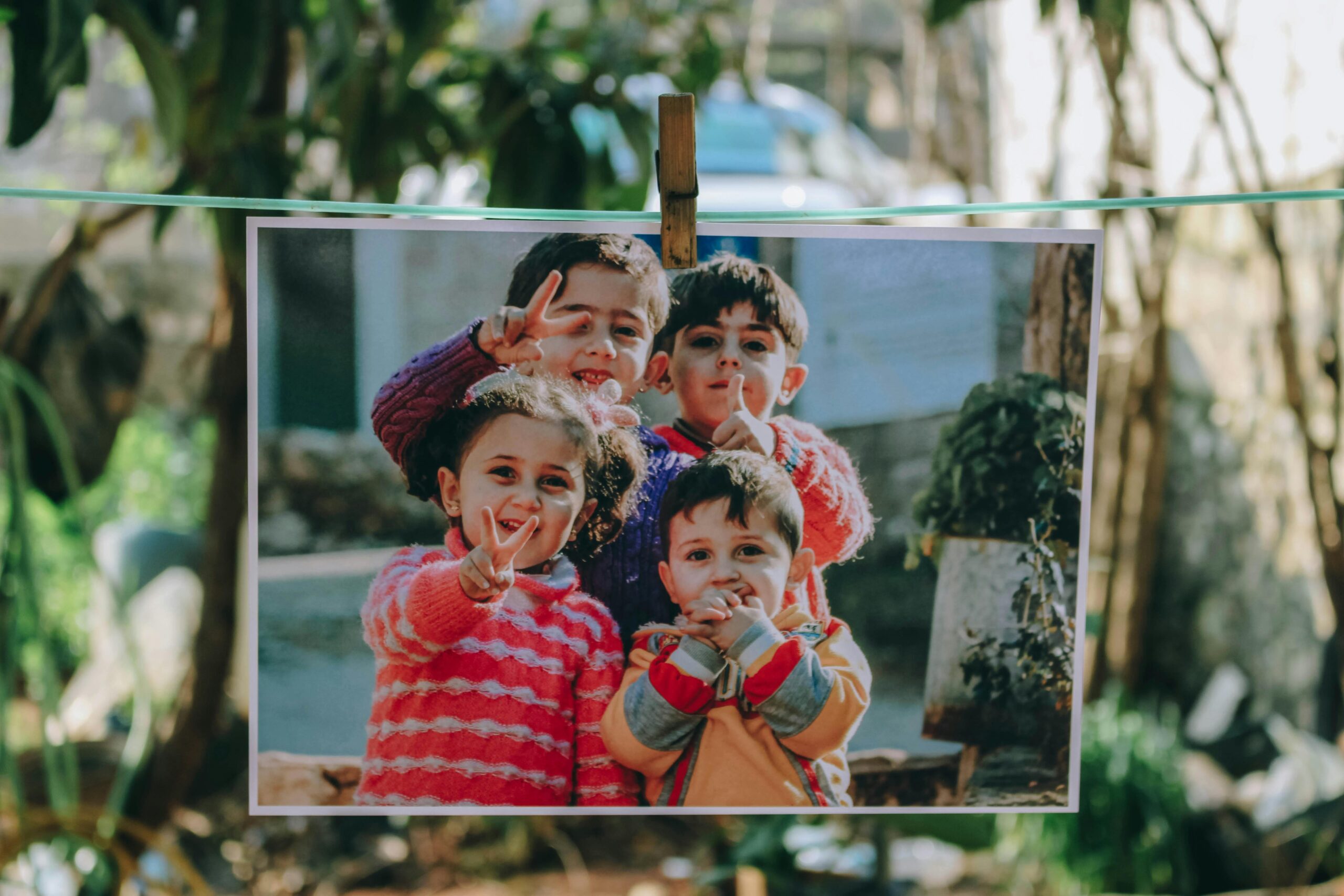I am a firstborn daughter, and from an early age, I found myself naturally stepping into the roles of protector, perfectionist, and peacemaker. I’ve always been the responsible one—the one who made sure things got done, who looked out for others, and who felt the weight of unspoken expectations. I’m introverted but deeply attuned to the needs of those around me. I strive to give, to please, and to maintain harmony.
These traits didn’t appear out of nowhere. They were shaped by a mix of personality, life experiences, and, notably, my birth order. As the oldest of three children, I grew up navigating family dynamics that often placed me in a leadership role, whether I wanted it or not. Adlerian psychology suggests that our position in the family hierarchy influences not only our personality but also how we interact with the world.
The First-Born Child: The Responsible Leader
First-born children often carry the weight of responsibility within the family. They are typically expected to set an example for younger siblings and may take on leadership roles from an early age. Because parents are usually more cautious and attentive with their first child, first-borns may grow up with high expectations placed upon them. This can lead to perfectionist tendencies, a strong sense of duty, and a desire to achieve.
Many first-borns develop a strong sense of order and structure, often aligning closely with authority figures. They may also become natural caregivers, feeling responsible for the well-being of their younger siblings. However, the pressure to meet high standards can sometimes lead to stress and self-criticism.
The Middle Child: The Peacemaker
Middle children often find themselves navigating a unique space within the family. They are neither the trailblazing first-born nor the doted-on youngest, which can lead to feelings of being overlooked. As a result, middle children tend to develop strong negotiation skills, seeking balance and harmony within relationships. They may also become highly adaptable and social, finding ways to connect with different groups of people. While they might struggle with a sense of identity at times, their ability to mediate and see multiple perspectives can become one of their greatest strengths.
The Youngest Child: The Free Spirit
Youngest children often experience a different set of family dynamics. With parents who may be more relaxed and older siblings who have already paved the way, the youngest child may be given more freedom to explore and take risks. They are often charming, outgoing, and adept at capturing attention. However, they may also develop tendencies toward seeking validation and sometimes avoiding responsibilities. Despite this, their creativity and willingness to push boundaries often make them innovative thinkers.
The Only Child: The Independent Achiever
Only children experience a family dynamic in which they are the sole focus of parental attention. As a result, they may develop traits similar to first-borns—high achievers, responsible, and often perfectionistic. However, they may also feel the pressure of high parental expectations without the balance of sibling interactions. Only children tend to be highly independent, mature for their age, and comfortable in adult conversations.
Beyond Birth Order: Family Dynamics Matter
While birth order can provide valuable insights, it is important to remember that individual personality development is shaped by many factors, including parenting style, family environment, and life experiences. Not all first-borns are perfectionists, and not all youngest children are rebellious. However, understanding these tendencies can help us reflect on our behaviors, strengths, and challenges, offering a greater awareness of how our upbringing has influenced us.
For me, being the first-born has meant stepping into roles of responsibility, striving for excellence, and often placing high expectations on myself. At times, it has also meant feeling the weight of responsibility more deeply than my siblings. But by understanding these patterns through the lens of Adlerian psychology, I’ve gained a deeper appreciation for how birth order has shaped me—and how I can embrace both its strengths and challenges moving forward.
What about you? Do you see aspects of your birth order reflected in your personality? I’d love to hear your thoughts in the comments!


0 Comments